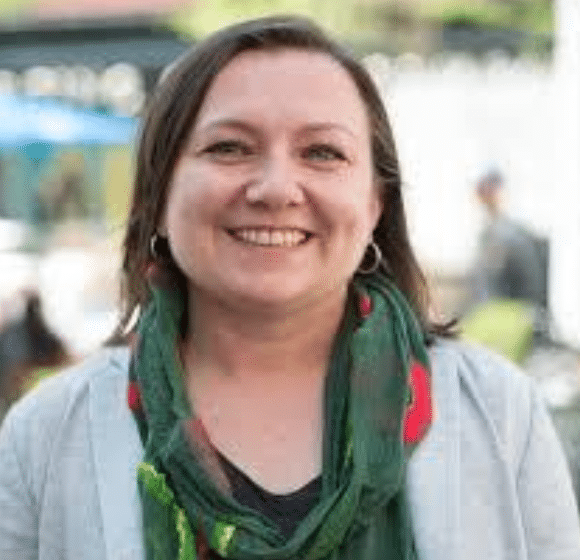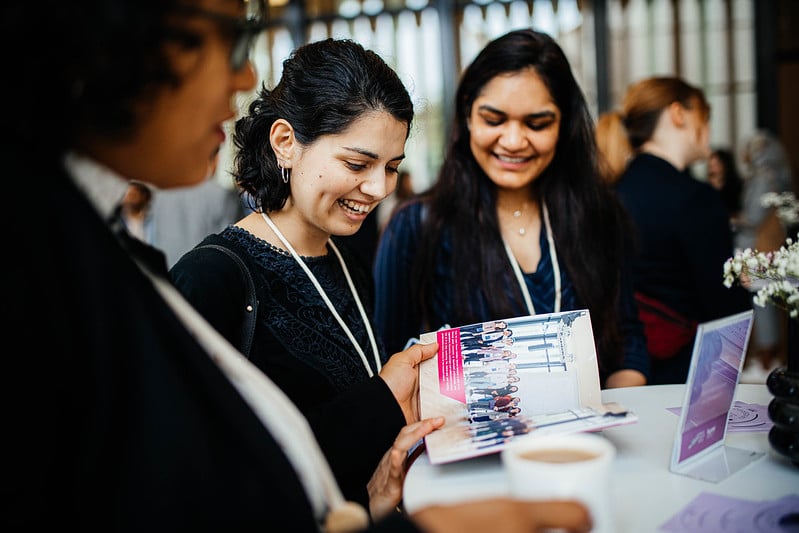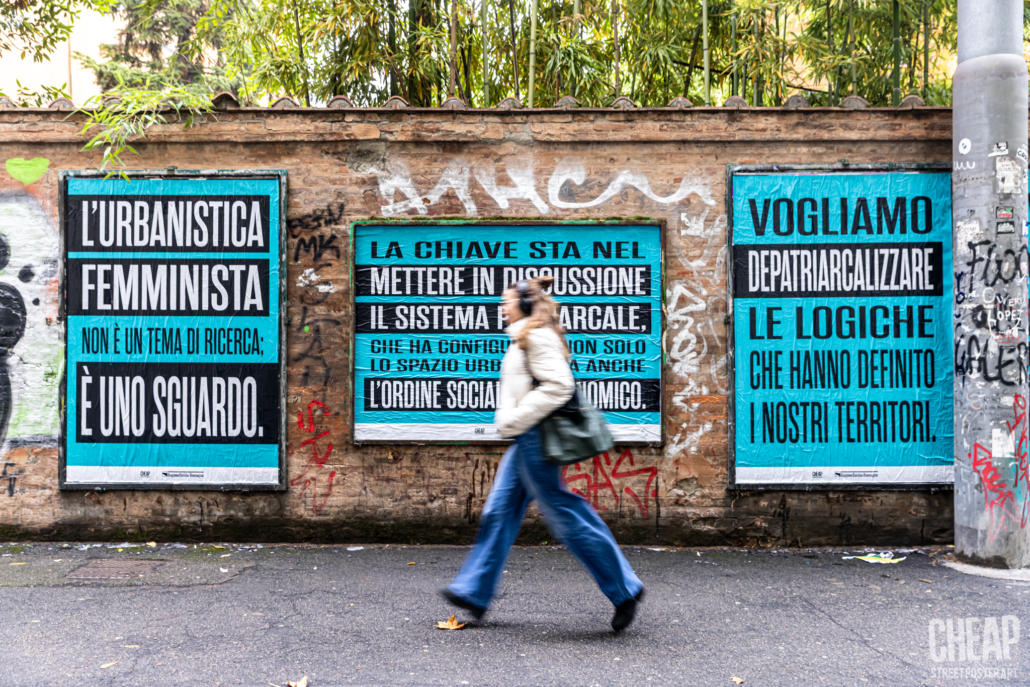To have a conference day filled with women speakers is an important indication of the number of strong leaders that are already working hard to enhance gender equity in mobility. The hard work now is to keep building on that momentum, to get us to a place where women in mobility is no longer remarkable–it is just evidence of a sector that works for everyone.
By WMW Ambassador Melissa Bruntlett

On Tuesday, May 23rd, nearly 200 participants from around the globe, and countless others online, came together in Leipzig for the annual TUMI Conference. For Women Mobilize Women, this was a special year, marking 5 years since WMW was launched and the initiative to realize more gender transformative transport systems with partner cities and organisations began. Having just recently come from hosting the Remarkable Feminist Voices in Transport Awards ceremony in March, it was a pleasure to support WMW as host of this year’s conference, and simply to be present for the celebratory occasion.

Each year, the TUMI conference presents an opportunity for people working in a variety of areas of transformative urban mobility to come together to share their projects and research. To learn from each other and build new partnerships that aim to support the growth of sustainable mobility in developing economies. This year, with a focus on “Feminist Voices in Transport,” it presented an opportunity to step away from some of the more technical discussions and dig deeper into why gender transformative mobility is important, how to even define it, and what tangible things can be done to continue the momentum towards equity and inclusion in the transport sector.

The challenges are myriad and universal:
- We need better representation for women at all levels of the sector, from operators to leaders
- Intergenerational mentorship will be vital to ensuring the resilience of this movement toward gender equity
- The perception and actual fear of (personal) safety impacts every decision women make in their transport journeys
- Meaningful funding – or lack of it – will continue to present barriers to addressing these issues unless gender equitable actions are prioritized, even when difficult

With panels made up predominantly by women and leading with an emotional and compelling keynote by Robin Chase, the day presented a different dialog than the norm at conferences. People spoke of their personal experiences, creating the link between those universal challenges and the individual experiences. Panels discussed who was being left behind in transport decisions continuing to prioritize status quo planning and design that overlooks mobilities of care. The notion of informal, or rather, popular transport is a problem needing to be solved was challenged by those working with the very people who benefit from it in their access to education, employment, and health services. And leading voices of global organisations pointed to the importance of showing leadership from all genders, but that we are just at the beginning of a longer journey to inclusive transport.
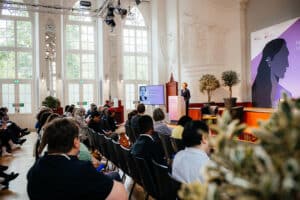
Perhaps most compelling was an inspiring impact speech by Senator Crystal Asige of Kenya. The first young, black, visually impaired Senator, she emphasized that for disabled people, impairment + barrier = disability, and that the work to create inclusive, accessible cities is not a case of one and done. By sharing the story of her journey from full sight to complete darkness, she brought to light many assumptions those without impairments may take for granted and understanding that it is not just about creating the infrastructure based on guidelines, it’s about understanding who is going to use it. One person’s experience does not define a universal one: “My voice alone is not loud enough,” she said. As the designers, engineers, planners, policy makers, and leaders, we are designing the world that people like Crystal live in, and we have a responsibility to ensure that the work we do does not leave anyone behind. Rather than only focusing on the technical details, we need to remember and value the importance of compassion for all people.
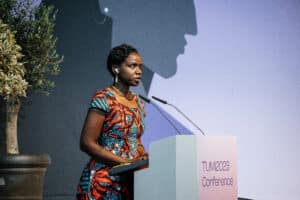
To have a conference day filled with women speakers is an important indication of the number of strong leaders that are already working hard to enhance gender equity in mobility. It will be exciting to see how the coming five years build on the last for Women Mobilize Women, particularly with the recent commitments to a Feminist Development Policy from BMZ. The foundations, partnerships, and frameworks that have been built and were showcased at this year’s conference are encouraging. The hard work now is to keep building on that momentum, to get us to a place where women in mobility is no longer remarkable–it is just evidence of a sector that works for everyone.

